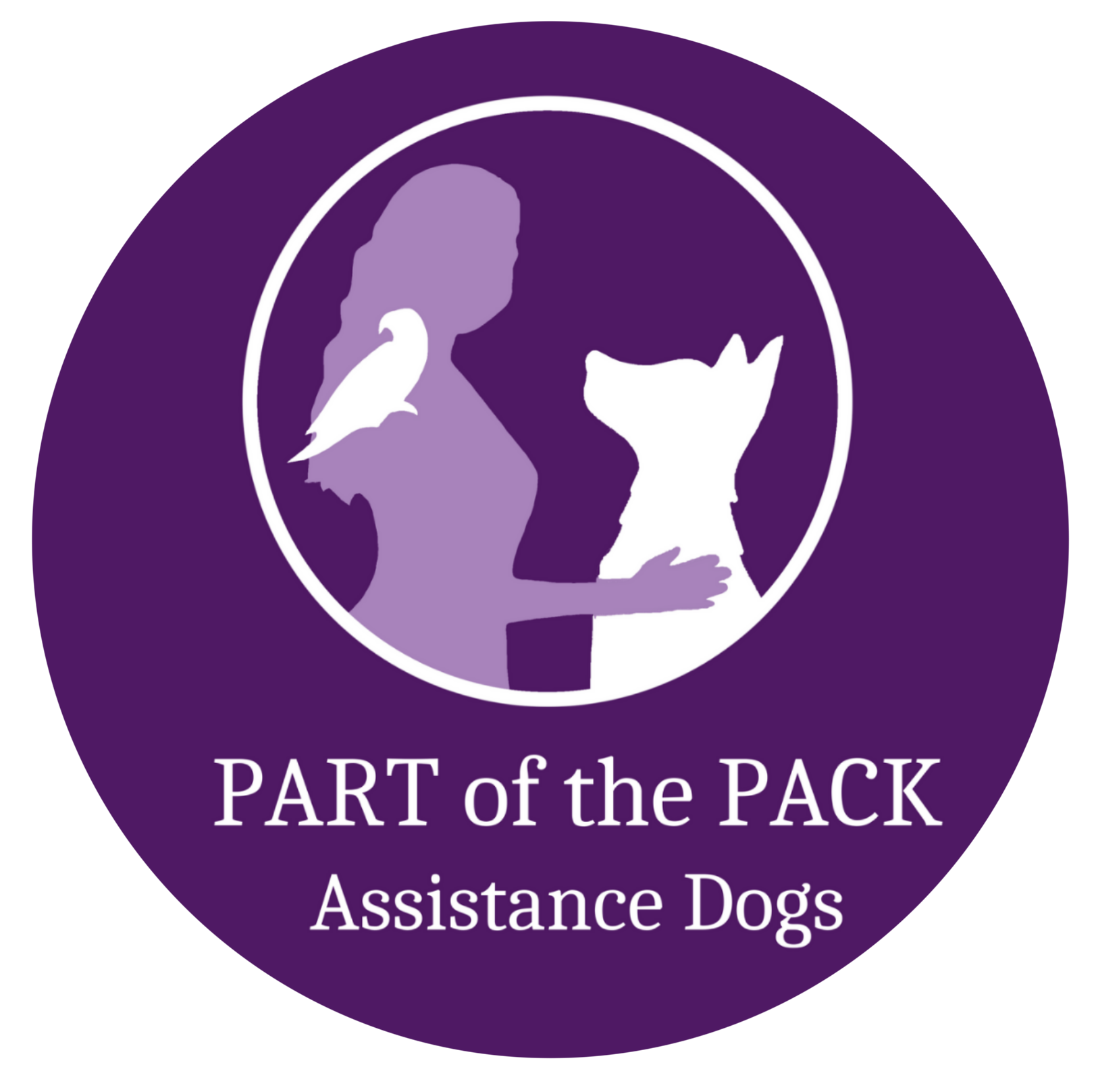Public Access Laws
The legalities and requirements for Assistance dogs can be confusing and occasionally misleading. When you require your dog to accompany you in a ‘Public Access’ area such as in shops, businesses, schools, and medical appointments etc. it is unfortunately common that many are unfamiliar with the laws surrounding assistance animals.
A lot of service providers are simply not aware of their obligations under the Equality Act 2010 or Disability Discrimination Act 1995 (NI), so providing initial information about access rights for assistance dogs is the first step.
If your assistance dog is refused access, information regarding public access laws can be found at the following websites:
‘Equality of human rights commission’
https://www.equalityhumanrights.com/sites/default/files/assistance-dogs-a-guide-for-all-businesses.pdf
‘The Disability Discrimination Act of 1995’
https://www.legislation.gov.uk/ukpga/1995/50/section/24C
‘Assistance Dog Association UK’
https://www.assistancedogs.org.uk/faqs/
Common Public Access mistakes / misinformation made by services and businesses.
1) ‘ Your dog must be ADUK trained to be an assistance dog.’
The Equality act does not require assistance dogs to be trained by an ADUK Charity, however the dog must be trained to a ‘high standard’ and perform behaviours that help their handler mitigate the effects of their disability.
Dogs must be trained to handle a variety of situations, be trained to toilet when appropriate and settle next to their owner.
2) Therapy dog vs an Assistance dog.
In reality the difference between the two lies with the handler rather than in the training or rights of the dog itself.
An Assistance dog can be used as an auxiliary aid by someone with a diagnosed disability.
It is not the right of the dog to have public access, but the right of the individual using them to mitigate the effects of a particular disability. The dog must be trained to a high standard, and be able to complete specific tasks directly related to mitigating elements of the disability.
All assistance dogs must be allowed access regardless of location and should not be separated from their handler.
Alternatively an Emotional assistance / Therapy dog can be trained for anybody in need, regardless of their disability status. However the same public access laws are not extended to these dogs and their owners.
Item added to cart
